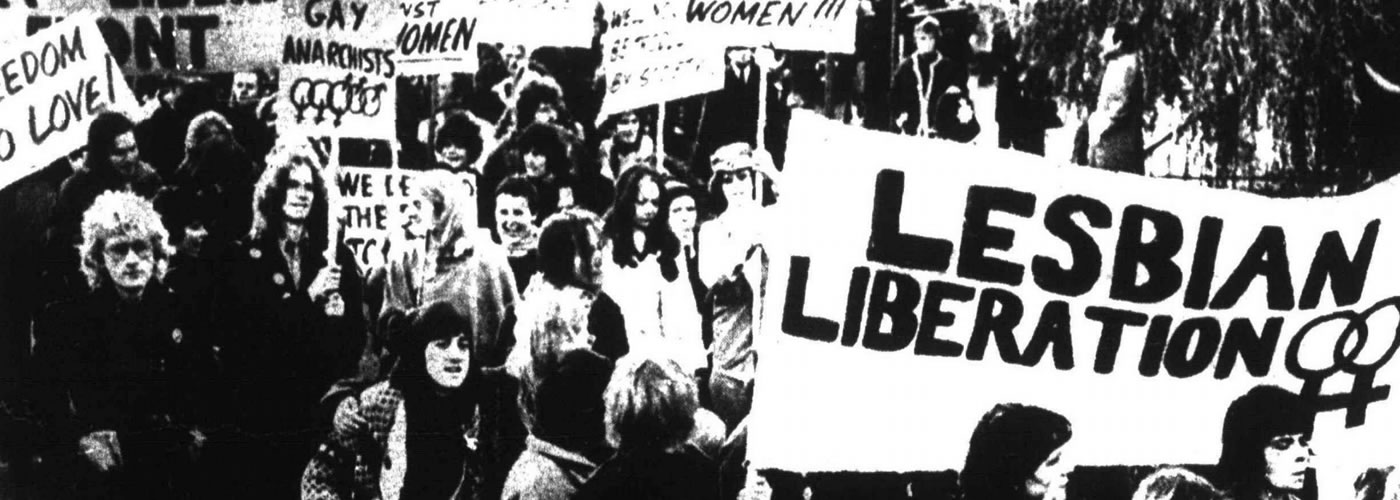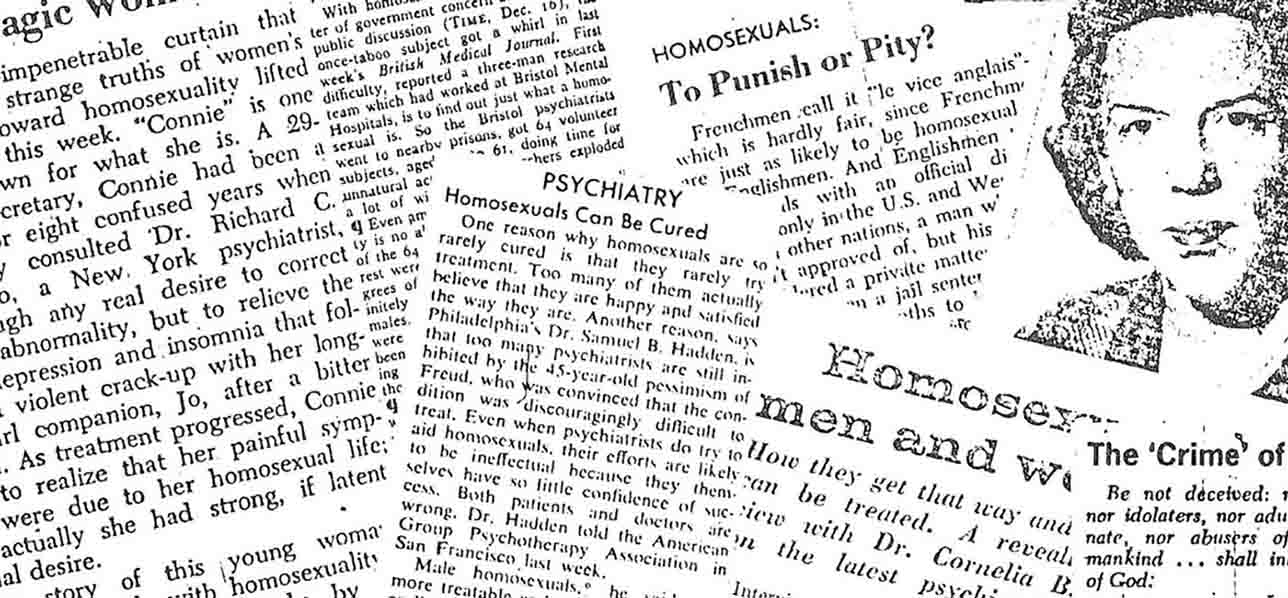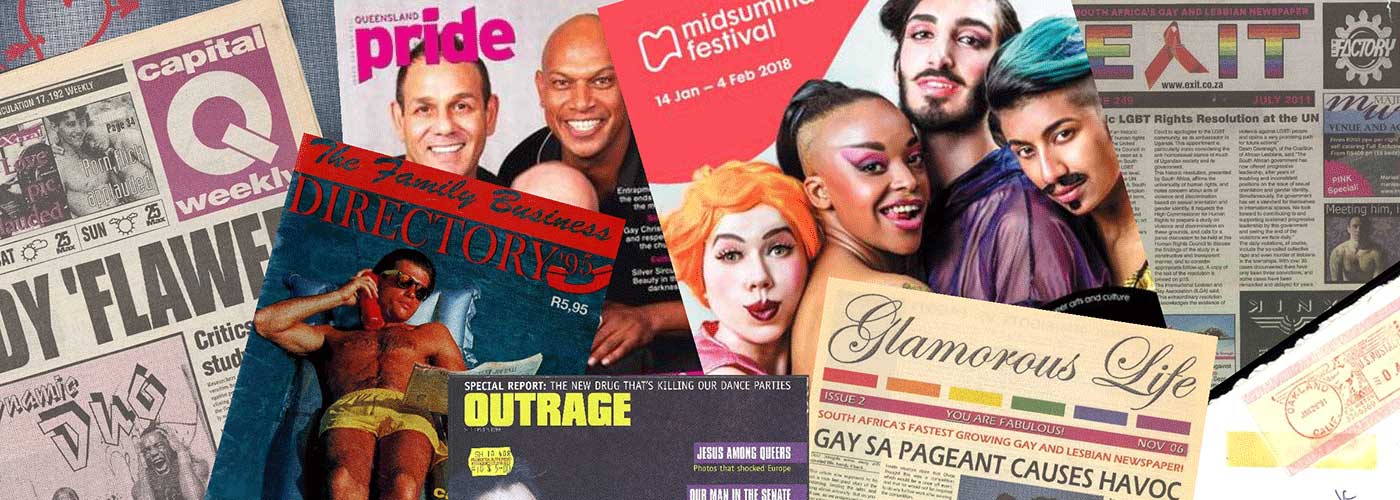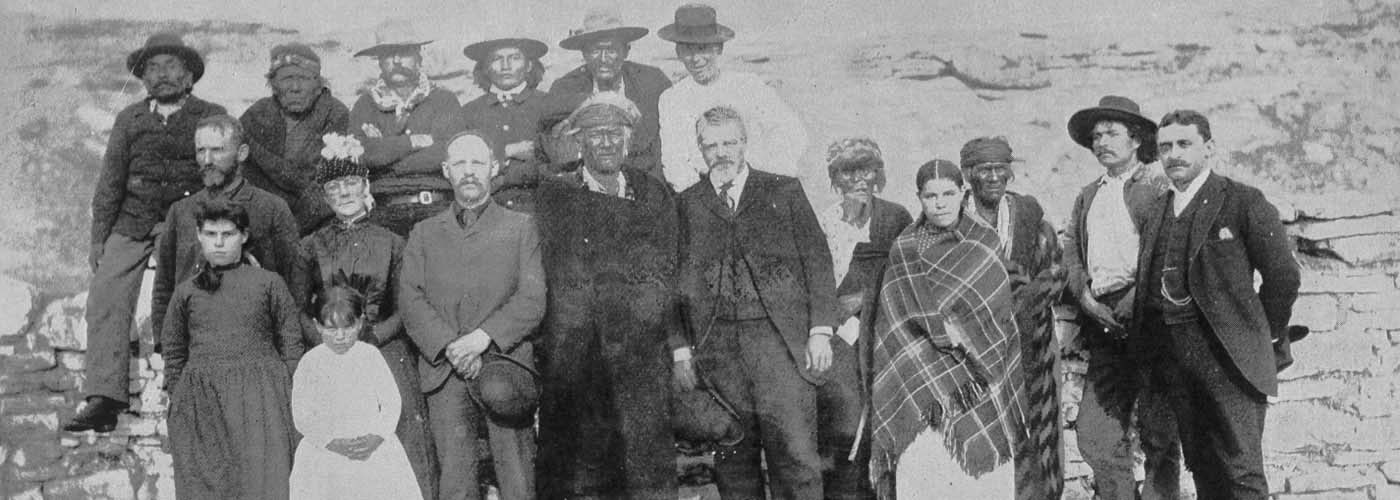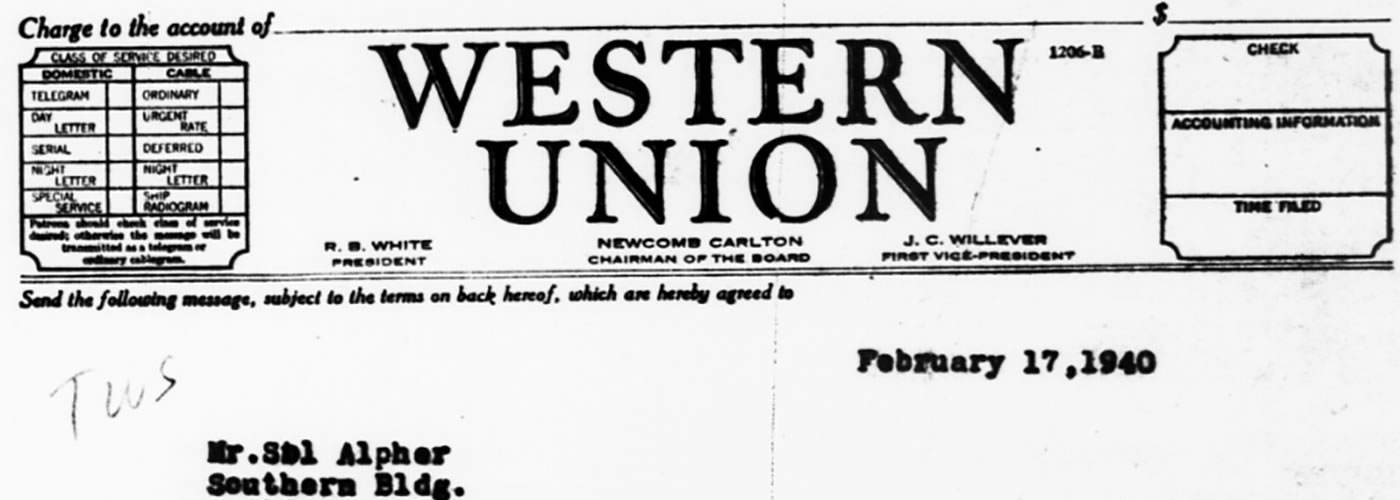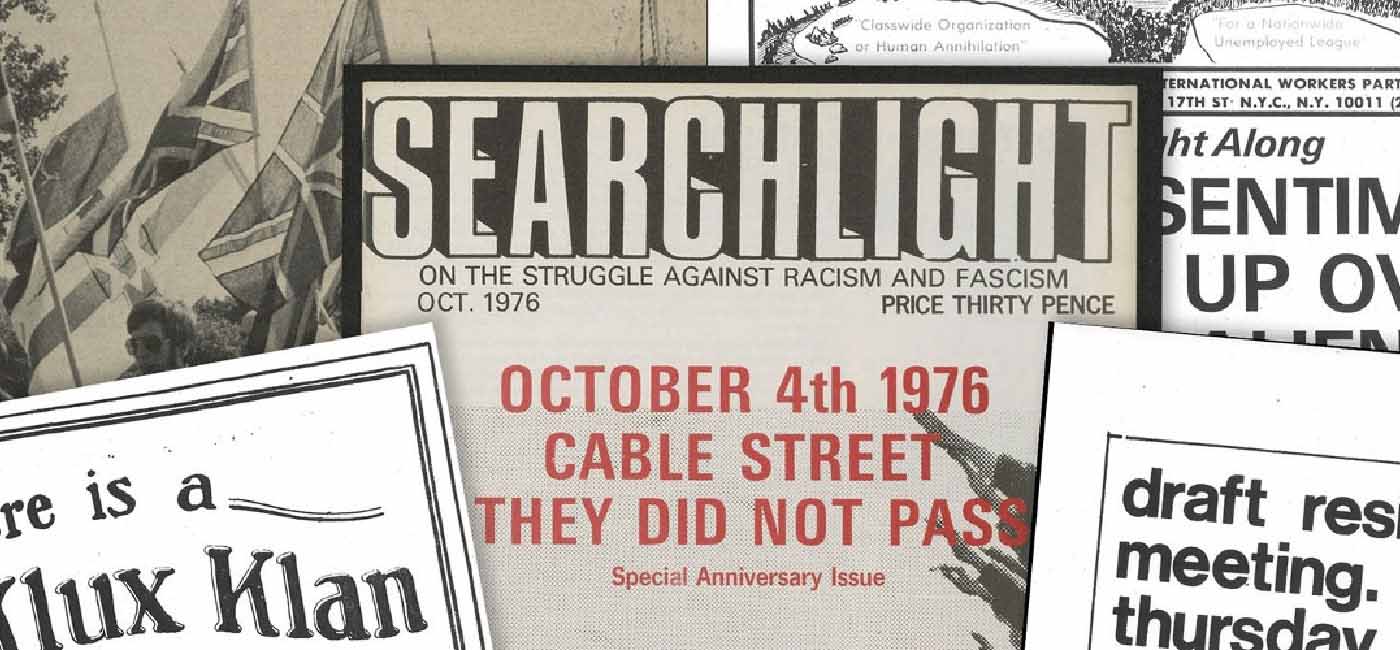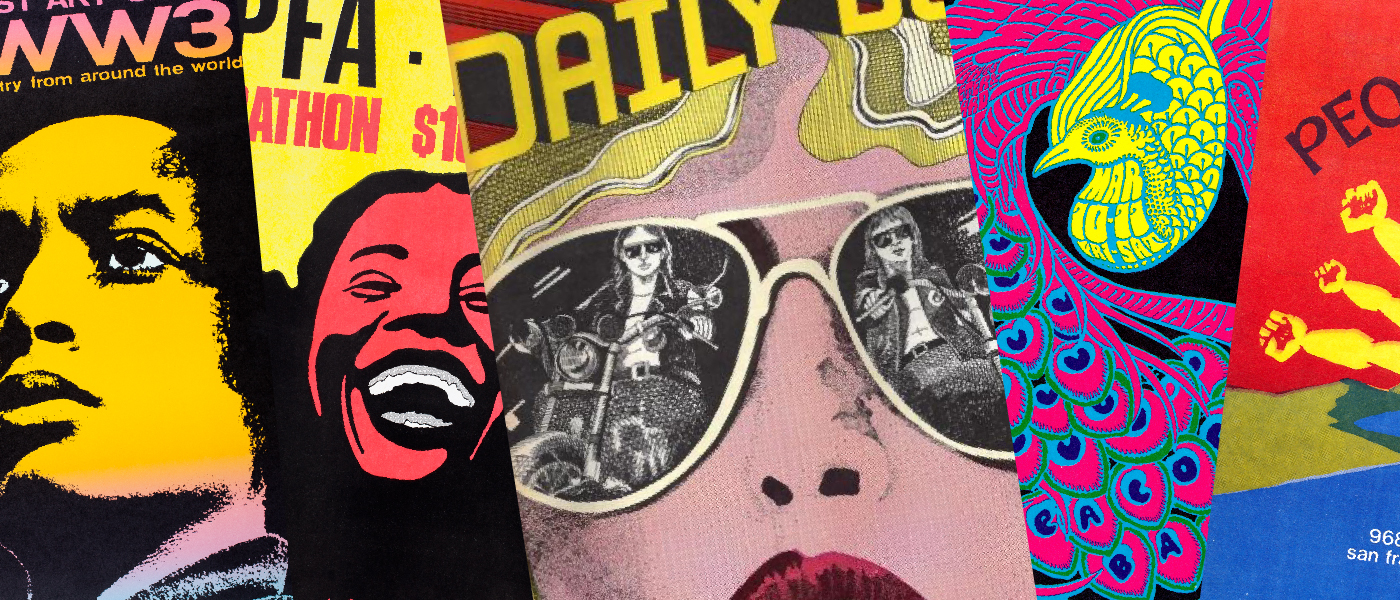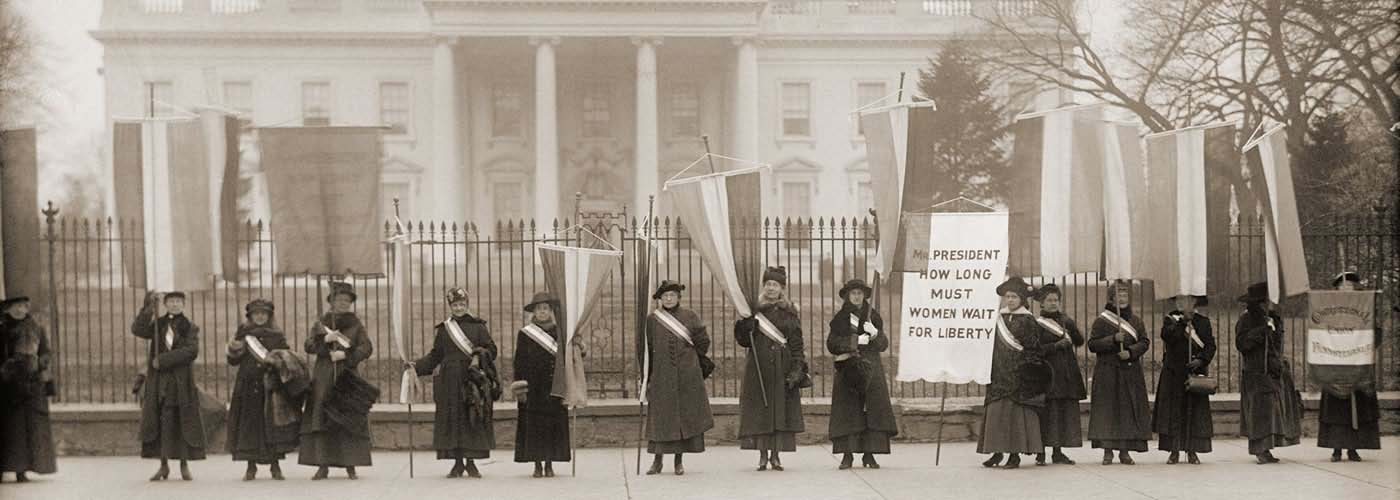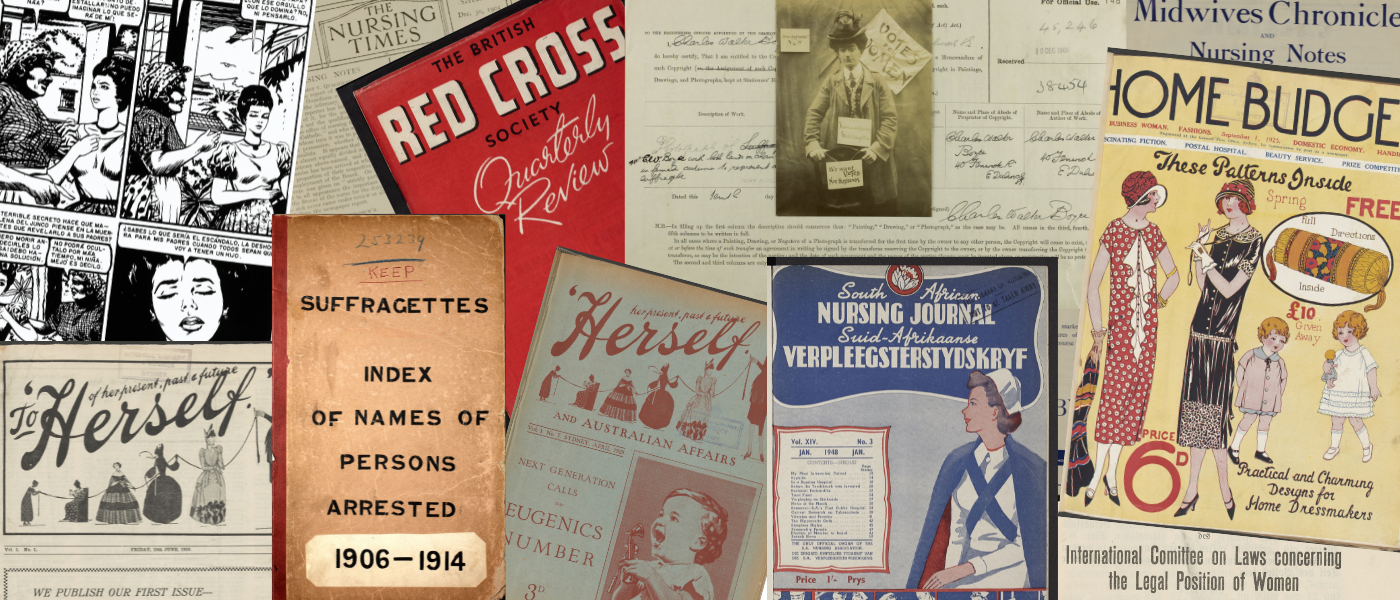Understand the social, political, and cultural experiences of Mexican Americans
Perspectives on the Chicano Movement is the inaugural collection of the archive series Latino Social and Political Culture and History. This archive highlights the Chicano/a experience in the United States, focusing on activists such as César Chávez, Dolores Huerta, Rodolfo “Corky” Gonzales, and other leaders of the Chicano Movement, also known as El Movimiento. It provides unique insights into important organizations and movements, such as the United Farm Workers, efforts toward land reclamation, and student movements against discrimination in education.
About the Collection
Chicanismo was a form of cultural nationalism and involved celebrating a heritage that included Spanish, European, Indigenous, and African roots. El Movimiento addressed multiple social issues, starting with farmworker labor rights and moving on to education reform, anti-Vietnam War protests, and land reclamation. Ultimately, the Chicano Movement led to greater self-determination for Mexican Americans, numerous social reforms, and broader representation in government.
Researchers will find unique and interesting collections of organizational and personal papers unavailable elsewhere, including the Papers of the United Farm Workers of America from the Walter P. Reuther Library, several key Chicano collections from Denver Public Library, and a focused collection on Mexican guest workers during World War II from the Hagley Library. These materials form a variety of perspectives on Latino history in general, and the Chicano movement in specific.
Value of the Collection
- Greater Perspective and Representation: This collection of 20th-century materials provides a rich history of multiple cultures that flourished throughout Latin America and the Caribbean and brought their heritage and experience to the United States. Researchers will be able to explore history from new perspectives and develop a greater understanding of North America’s multicultural melting pot.
- Local Voices: While material covering ethnic communities can be found throughout many Gale Primary Sources archives and Archives Unbound, Latino Social and Political Culture and History joins Indigenous Peoples of North America as two of our major archive programs highlighting communities of color in the twentieth century. In the future, we intend to release more full archives focused on Black, Latino, South Asian, and East Asian American communities.
Collections Include
- Rodolfo “Corky” Gonzales Papers: An amateur boxer and writer turned activist, Gonzales was known for his leadership in the Chicano Movement, organizing protests and speaking at rallies and university campuses nationwide.
- Tim Flores Papers: Flores worked as a lobbyist for various labor unions, fighting for the rights of undocumented workers, people with disabilities, the elderly, and veterans. He was a founding member of the Latin American Research and Service Agency (LARASA).
- Bernard Valdez Papers: Bernard “Bernie” Valdez served in numerous public organizations, including the Larimer Farm County Labor Relations Board, the Denver Housing Authority, Denver’s Social Services Department, and the Colorado Coalition for Dropout Prevention. Valdez was also a founding member of LARASA and the Latin American Educational Foundation.
- Richard T. Castro Papers: Richard T. Castro was a Colorado State Representative, executive director of the Denver Agency for Human Rights and Community Relations, and a lifelong Chicano rights activist who focused on enacting change from within the political system.
- Aguayo Family Papers: These papers document the hard life that José Marciano O. Aguayo, his family, and fellow Mexicans experienced working for various railroads and farms in rural northeastern Colorado between 1925 and 1944. Issues covered include lost wages, unfair labor practices, mistreatment, discrimination, and tracking lost relatives.
- The Flora Rodríguez Russel Papers: These materials document Rodríguez Russel’s involvement on the boards of several reproductive health justice organizations, Chicano rights educational curricula, the Catholic proto-feminist organization The Grail, and more.
- Abelardo (Lalo) Delgado Papers: Delgado worked with César Chávez in the 1960s, was executive director of the Colorado Migrant Council, taught Chicano studies at Metro State College in Denver, and wrote and recited poetry throughout the United States.
- “Mexican Employment Files” (1944–1946) from the Hagley Library, Wilmington, Delaware: This collection covers a World War II program to import Mexican nationals to perform unskilled labor, which allowed for the release of U.S. citizens to the armed forces.
- Papers of the United Farm Workers of America from the Walter P. Reuther Library: The United Farm Workers of America is commonly associated with Chicano and Mexican American history and has championed workers’ rights, on-the-job protections, immigration reform, and unionization.
Additional Details
subjects covered
- American History
- Business & Economics
- History
- Multicultural Studies
- Politics
- U.S. History
Support Material
Platform Features & Tools
Term Frequency
Researchers can see the frequency of search terms within sets of content to begin identifying central themes and assessing how individuals, places, events, and ideas interact and develop over time.
Topic Finder
By grouping commonly occurring themes, this tool reveals hidden connections within search terms—helping to shape research by integrating diverse content with relevant information.
Cross-Search Capability
Search across the materials of complementary primary source products, including books, in one united, intuitive environment, enabling innovative new research connections.


